Integrating a new cat into a household with dogs requires careful consideration of the cat’s temperament, adaptability, and predisposition towards other animals. Certain cat breeds are known for their dog-friendly nature, displaying traits such as confidence, sociability, and a calm demeanour that make them more likely to form harmonious relationships with canine companions. These breeds possess an inherent flexibility and tolerance towards dogs, which can significantly ease the introduction process and foster a peaceful coexistence. This article explores five cat breeds renowned for their ability to adapt and thrive in households with dogs, highlighting their characteristics that contribute to successful interspecies friendships. Additionally, the value of considering mixed breeds and rescue cats, which can also exhibit remarkable compatibility with dogs, will be discussed, emphasizing the importance of individual personality over breed-specific traits.
1. Maine Coon
Maine Coons are known for their gentle giant persona, combining a large, sturdy physique with a friendly and easygoing temperament. This breed’s laid-back nature makes it an excellent candidate for households with dogs, as Maine Coons are not easily intimidated by the size or energy of a canine companion. Their playful and sociable disposition allows them to interact positively with dogs, engaging in play or simply cohabitating peacefully. Maine Coons are intelligent and adaptable, capable of setting boundaries with dogs calmly and assertively. Their size also ensures they are not at a physical disadvantage when interacting with larger dogs, making the integration process smoother. The innate curiosity and confidence of Maine Coons mean they are more likely to be curious about their new dog siblings rather than fearful, fostering a quicker and more successful bonding process.
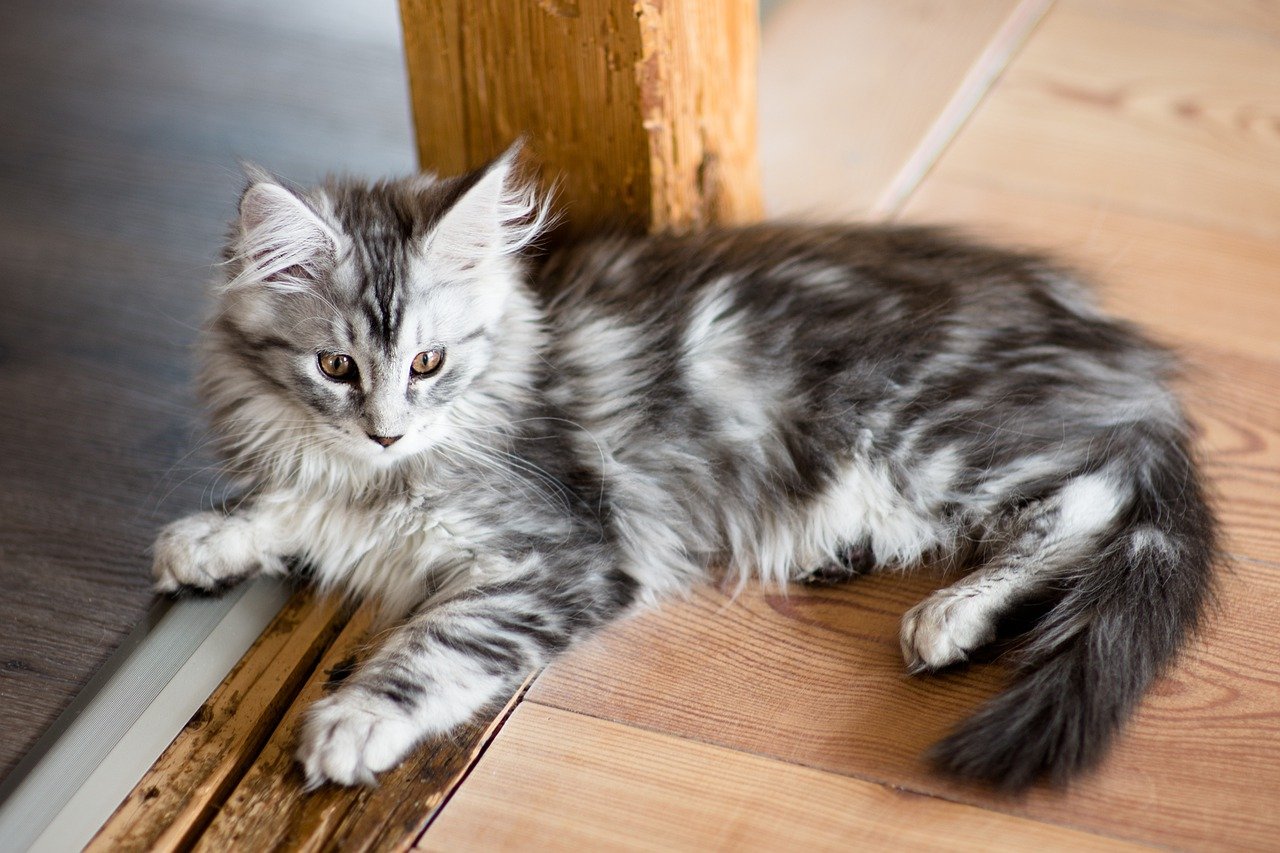
2. Ragdoll
Ragdolls, with their affectionate nature and relaxed attitude, are another breed well-suited to living with dogs. Known for going limp when held, hence the name “Ragdoll,” they exhibit a remarkable level of trust and calmness, traits that are beneficial when introduced to dogs. Ragdolls are sociable and enjoy companionship, whether it’s with humans or other animals, including dogs. Their gentle demeanour can help soothe dogs that might be initially unsure about a feline addition to the family. Furthermore, Ragdolls are less likely to run from dogs, a behaviour that can trigger a dog’s prey drive. Instead, their confident, laid-back approach can encourage a calm and curious interaction, laying the foundation for a strong interspecies friendship.
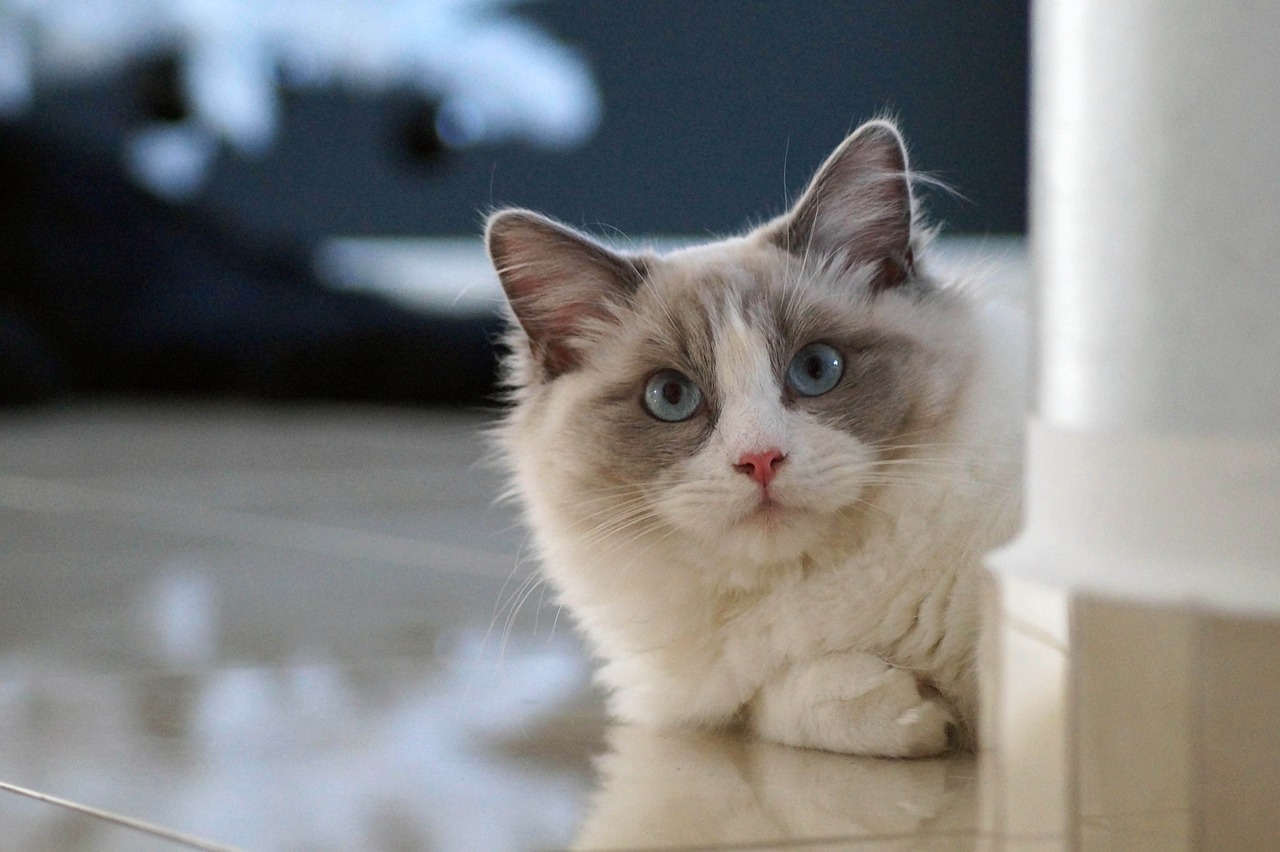
3. Abyssinian
Abyssinians are known for their high energy levels and adventurous spirit, traits that make them a good match for households with playful dogs. This breed’s fearless nature and love for play make them more than capable of keeping up with energetic dogs, participating in chase and play without showing signs of intimidation. Abyssinians are highly social and thrive on interaction with both humans and other animals, including dogs. Their outgoing personality can be a catalyst for engaging play sessions, helping to build a bond between the cat and dog. Additionally, Abyssinians’ intelligence and agility allow them to navigate their interactions with dogs, avoiding conflicts and fostering a harmonious living environment.
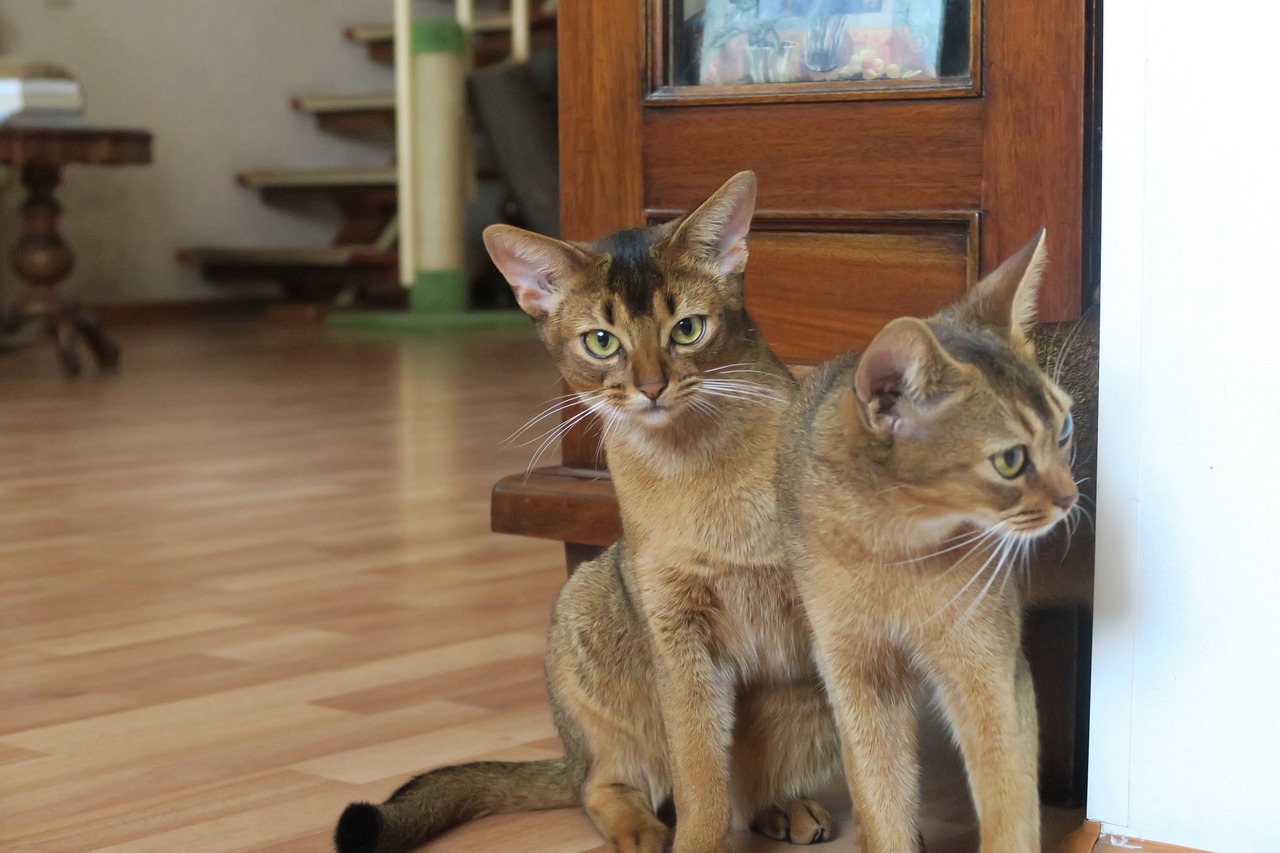
4. Burmese
Burmese cats are affectionate, and people-oriented, and enjoy being part of a family’s daily life, making them well-suited to homes with dogs. Their sociable nature extends to canine companions, with whom they often form close bonds. Burmese are not only tolerant of dogs but actively seek out their company, showing affection and even engaging in mutual grooming sessions. This breed’s confident and outgoing personality means they are less likely to be fearful or aggressive towards dogs, facilitating a smoother introduction and cohabitation. The Burmese’s playful yet gentle demeanour makes them an ideal companion for dogs, contributing to a balanced and peaceful household dynamic.
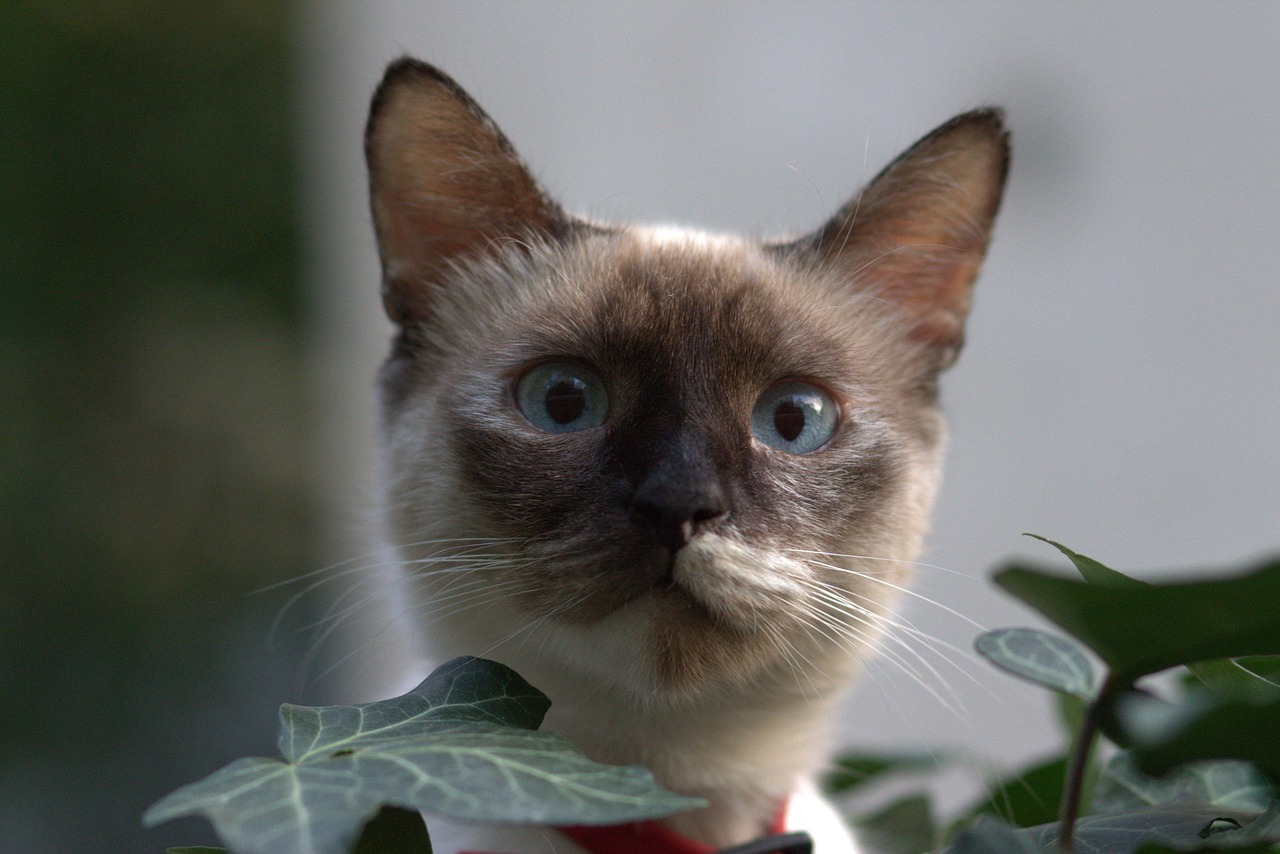
5. American Shorthair
American Shorthairs are known for their robust health, calm disposition, and adaptability, qualities that serve them well in homes with dogs. This breed is characterized by its independence and easygoing nature, allowing it to coexist peacefully with canine housemates. American Shorthairs are not overly reactive and tend to approach interactions with dogs with a level of calm curiosity rather than fear or aggression. Their playful side can also emerge in the company of dogs, participating in gentle play that fosters mutual respect and understanding. The American Shorthair’s ability to adapt to various environments and situations makes them a resilient and compatible companion for dogs.
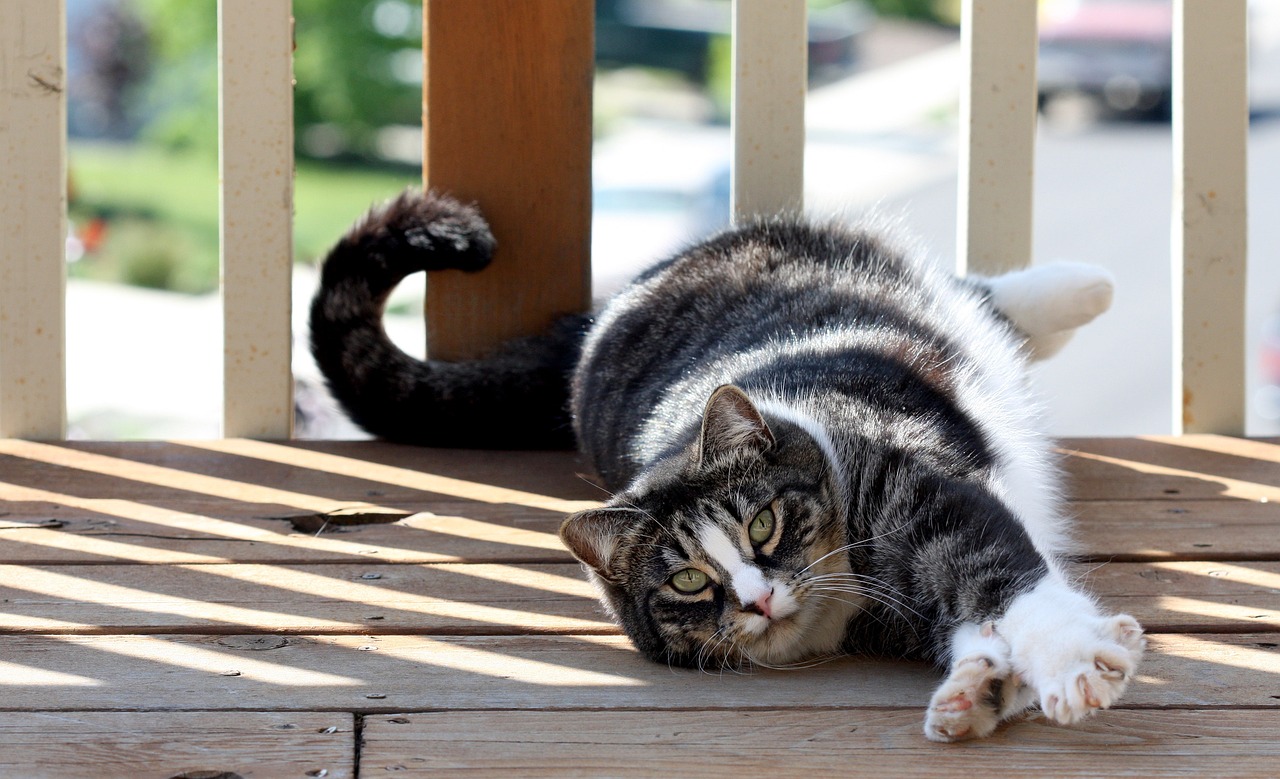
Mixed Breeds and Rescues
Mixed-breed cats and rescues can also exhibit exceptional compatibility with dogs, often displaying a mix of traits that enable them to integrate seamlessly into a household with canine siblings. These cats can be as adaptable, sociable, and tolerant as their purebred counterparts, if not more so, due to their diverse genetic backgrounds. Adopting a mixed breed or rescue cat not only provides a loving home to an animal in need but also offers the opportunity to find a cat with the perfect personality to match your dog. When choosing a mixed breed or rescue, focus on the individual cat’s temperament and past experiences with dogs to ensure a harmonious match.
Selecting the right cat breed to introduce into a household with dogs is crucial for creating a peaceful and loving home environment. Maine Coons, Ragdolls, Abyssinians, Burmese, and American Shorthairs are among the breeds known for their dog-friendly nature, exhibiting traits that facilitate successful interspecies friendships. However, it’s important to remember that mixed breeds and rescue cats can also make excellent companions for dogs, often bringing a unique blend of adaptability and sociability. Regardless of breed, the key to a successful introduction lies in careful consideration of the personalities involved, ensuring both cat and dog are comfortable, safe, and happy in each other’s company.

